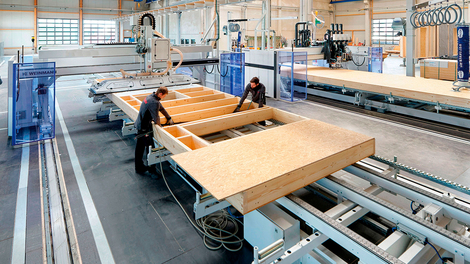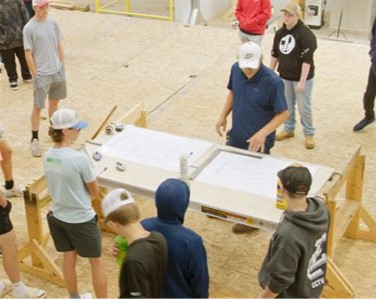So far there is no list of startup companies that had money in Silicon Valley Bank, which failed on Friday.

The tech industry’s go-to lender imploded in the second-largest bank failure in US history. After investor concerns about Silicon Valley Bank’s (SVB) solvency prompted a bank run, the Federal Deposit Insurance Corporation (FDIC) took control of customers’ deposits yesterday.
The collapse happened fast:
SVB said Wednesday that it sold some of its assets at an almost $2 billion loss, sending investors and depositors into full freak-out mode.
Its stock tanked over 60% the next day, and several prominent VC funds advised their portfolio companies to pull their deposits.
By Friday, the 40-year-old bank was toast.

Why did things go south?
SVB counted nearly half of all venture-backed US companies among its customers. That client list was a blessing when interest rates were low so startups were swimming in cash from VCs. Its deposits more than tripled between 2018 and 2021.
But when interest rates began to climb last year, deposits shrank and so did the value of the bonds it bought with depositors’ cash. Short sellers have been sounding alarm bells about risks to smaller banks for some time now. But SVB was particularly vulnerable as it parked an unusually high share of customers’ funds in bonds and mortgage-backed securities.
What this means for SVB depositors
So when, if ever, will all those startups see their $175 billion in deposits? Each customer is guaranteed to receive up to $250,000 per account from the FDIC, but they’ll have to wait for the sale of SVB’s remaining assets to see if they can get any more money back (and most will most likely have to make payroll way before then).

The offsite construction industry, which over the past decade has seen hundreds of millions of dollars of investments to fund new factories, new types of housing, new robotics and new software companies, surely had some of its investor’s money in SVB, which could mean months without being able to tap their lines of credit.
With some construction startups living day to day, until they begin showing a profit, this could be devastating.
Gary Fleisher, the Modcoach



